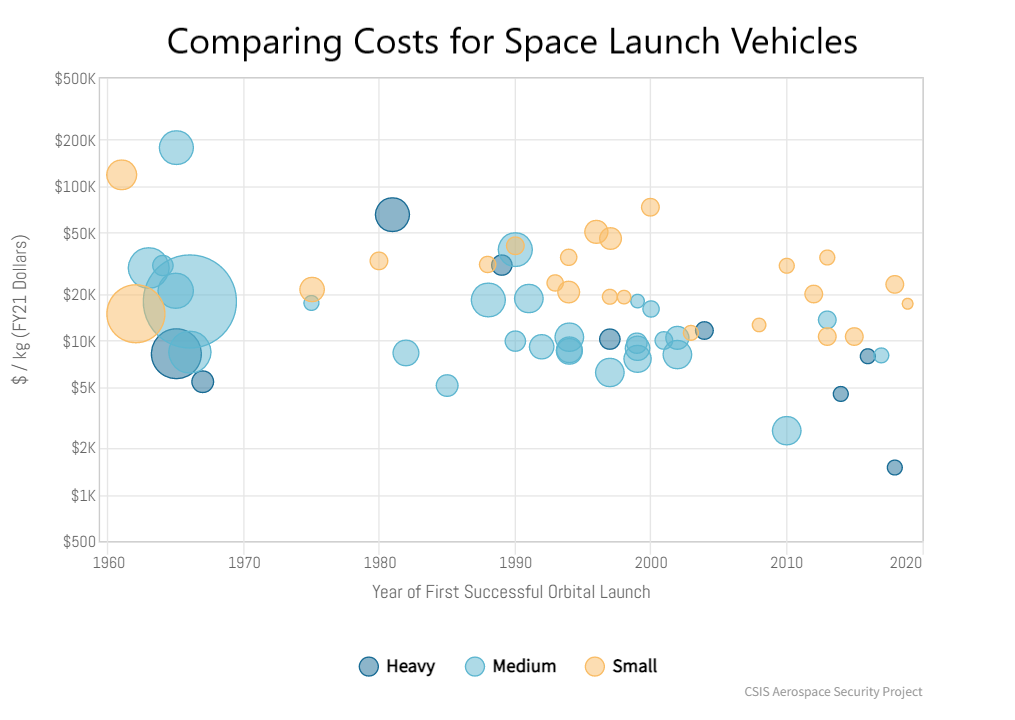– Advertisement –
Are you thinking about getting involved in the fast-paced, exciting world of day-trading stocks? Around the world, millions of people pursue this adrenaline-filled method of investing on either a part-time or full-time basis. Just about anyone with a basic knowledge of the securities markets, a modest initial account balance, and the desire to make money can become a day trader.
The big question is this: what are the upsides and downsides of placing your hard-earned money at risk this way? Obviously, there is some amazing potential but also several inherent disadvantages to day trading for non-professional investors.
Here’s a look at the key benefits people get when they day-trade successfully, as well as the potential problems and ways to avoid the common traps of this unique, interesting way of making a living.
Pro: Financial Independence
Done right, day trading can be an effective, time-efficient way to earn a full-time income from the privacy of your home. It’s hard to say for sure, but perhaps more than half of all day traders got into the practice for the sole purpose of building financial freedom, or simply as a way to get out of the nine-to-five employee rut.
Yes, there is risk, just as there is for any other kind of investment approach. The key thing to remember is that if you start slow and have the patience to only trade one or two different securities for several months, it’s possible to learn how to make day trading work for you. But, financial independence is one of the most lucrative rewards of the profession, whether you choose to do it full-time or just a few days per week.
Con: Financial Risk
You often hear about people who lose all their savings or investing nest eggs when trying to day trade. What’s often left out of those reports is that most of those unfortunate folks jumped in too fast, put all their money at risk on the first few trades, and blew their accounts out in the process.
But, objectively speaking, financial risk is an inherent, very real pitfall of day trading. The way to minimize the risk is to practice on a trading simulator for several weeks, and then to use very small amounts of money on your trades for at least a month or two.
Pro: Short Learning Curve
One of the best things about day trading is that almost anyone can learn the basic techniques in just a few hours. That doesn’t mean you’ll be ready for live-action, only that there are not dozens of highly complex methods. It’s a case, simply put, of buying high and selling low, only you’re doing it within an extremely short time frame.
Con: Some Brokers Require High Opening Balances
Beware of brokers who want you to plunk down a huge amount of money to day trade. There are others who are much more “day trade friendly” and require small opening balances. Typically, brokers who welcome day traders offer lots of support in the form of educational resources, low opening balances, tech help with trades, and more.
Pro: You Can Ease Into the Action
Day trading, fortunately, is not an “all or nothing” effort. Because of the way the technique works, it’s possible to ease into it a little at a time. For example, many of those new to the practice choose to make very small trades for a month or more after they start out. That way, even if they have a high loss rate, they won’t lose a majority of their trading capital.
Day trading has its pluses and minuses, like all other financial pursuits. The good news is that there are ways around the dangers as long as you’re willing to be careful and avoid becoming impatient.
– Advertisement –



